Artificial Intelligence in our daily lives: seamless integration
In an age of technological innovation, artificial intelligence has transcended the boundaries of science fiction to become an essential part of our daily lives. From personalized recommendations on streaming platforms to voice-activated virtual assistants, AI has been seamlessly integrated into various aspects of our routines, offering us convenience, efficiency, and a glimpse into the possibilities of the future.
1. Virtual Assistants: AI virtual assistants such as Siri, Alexa, and Google Assistant have become indispensable companions in our daily interactions. These intelligent systems respond to voice commands, helping us with tasks ranging from setting reminders and sending messages to providing real-time information. Their continuous learning capabilities enable them to adapt to an individual’s preferences, making our interactions more personalized over time.
2. Personalized Recommendations: The entertainment and e-commerce industries have leveraged the power of AI to provide us with personalized experiences. AI algorithms analyze our content viewing habits to recommend movies and shows, while online platforms use AI algorithms to suggest products based on our preferences and past purchases. This customization enhances user satisfaction and simplifies the decision-making process.
3. Smart Home Technology: Artificial Intelligence has changed homes into smart homes, where devices communicate with each other to create a more efficient and connected living space. Smart thermostats, lighting systems, and security cameras use smart technology to learn our habits and automatically adjust settings. This enhances energy efficiency and adds an extra layer of safety and comfort to our daily routines.
4. Healthcare Diagnostics: In the healthcare sector, AI plays a vital role in diagnosis and personalized medicine. Machine learning algorithms analyze medical data, from imaging results to genetic information, to help detect diseases in their early stages and develop personalized treatment plans. AI-powered diagnostic tools help speed up medical assessments and improve accuracy.
5. Navigation and Traffic Optimization: Batch navigation apps have changed our daily transportation. These applications use actual data, historical traffic models, and machine learning algorithms to provide the most efficient routes. AI helps us navigate through traffic, avoid congestion, and reach our destination with minimal delay.
Tag:AI, Artificial Inteligence



